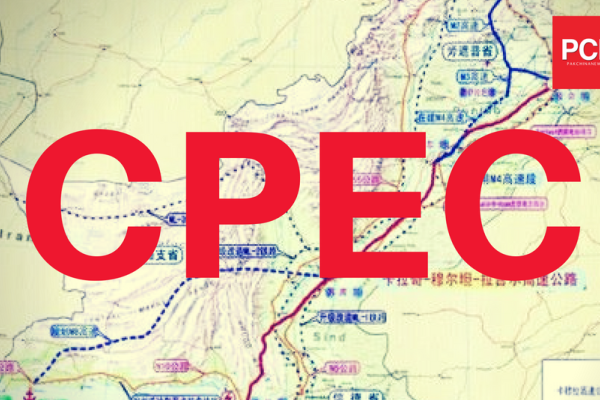Writing for Business Recorder author Mushtaq Ghumman explains that Chinese companies involved in power projects under the China-Pakistan Economic Corridor (CPEC) are still facing financial difficulties despite repeated assurances from the Pakistani Prime Minister. The Chinese government has reportedly raised this issue at all forums, and even Chinese insurance company M/s Sinosure is unwilling to insure new financing for power sector projects due to companies’ failure to meet contractual obligations.
Official documents reveal that the Sindh Engro Coal Mining Company (SECMC) has been severely impacted due to significant delays in opening Letters of Credit and foreign remittances. The company is incurring demurrage charges, liquidated damages, and penalties, resulting in additional costs and damage to its reputation. SECMC is continuously engaged with banks, but a significant amount is still pending. The company has also warned that shutting down the mine operations will lead to a shutdown of four power plants operating on Thar coal, resulting in additional foreign exchange burden on the economy and three times more expensive power generation.
Similarly, the Port Qasim Electric Power (Pvt.) Co (PQEPC) has informed the government that both its units of 1320 MW are about to shut down due to the default of the government’s obligations. The coal supplier has stopped shipments after January 2023 due to outstanding foreign exchange requests with the State Bank of Pakistan (SBP). The shortage of coal has caused significant financial strain for the company, resulting in a shutdown of both units and capacity payment deductions.
The Chinese Charge d’ Affairs to Pakistan, Pang Chaunxue, has expressed his concerns in a letter to the Minister for Power Khurram Dastgir Khan, stating that CPEC coal-fired power plants now face difficulty in buying coal due to foreign exchange restrictions, including Port Qasim Power Plant, which has shut down as its coal has run out. The capacity payment deduction issue is still pending resolution, causing the company to face a difficult situation.
In light of these concerns, Islamabad has shown willingness to amend/modify the Pakistan Energy Revolving Account (PERA) to address the concerns of Chinese lenders of CPEC Independent Power Producers (IPPs) with respect to future payments. The circular debt has now surpassed Rs. 2.6 trillion, causing serious financial constraints for other IPPs, public sector power generation plants, Pakistan State Oil (PSO), SNGPL and SSGC, PPL, etc. due to non-payment by CPPA-G.
To read the full article visit www.brecorder.com




